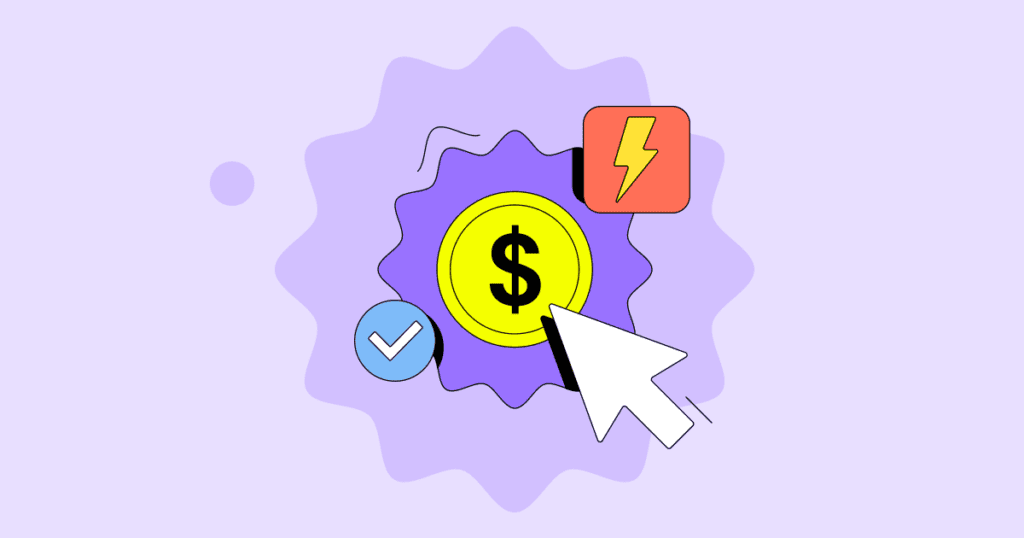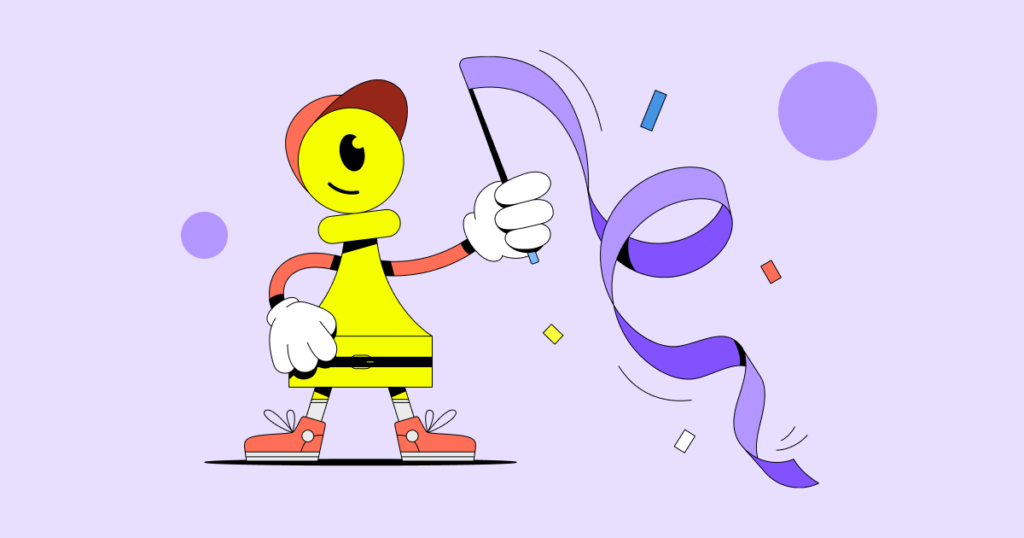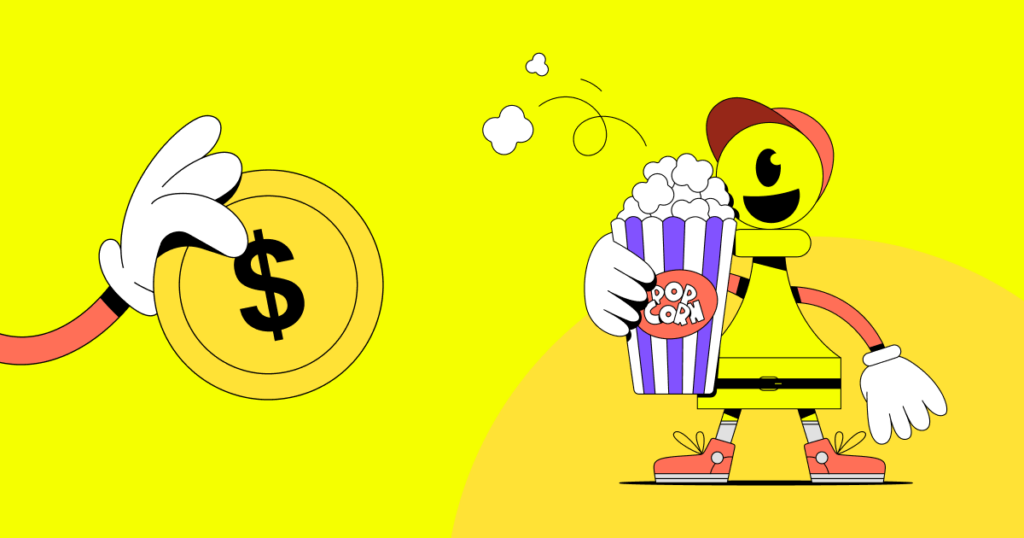Managing your money can be challenging, especially when you’re tempted to spend money on things you do not necessarily need. Unfortunately, this happens all the time. Scroll through your social media, and you’re bombarded with all those life-changing products and brands.
Head to the store’s checkout line, and you see many impulse-buy items that will make you drop everything and buy them. And there’s emotional spending. How often have you purchased something just to feel better?
Whether you’ll make the purchase or not depends on your spending habits. They can come from observing the spending habits of your parents, your culture and society, your personality, and the media!
Luckily, you can change your spending habits and create better ones to save money and achieve your financial goals. You just need to be aware of them so you can break them.
For that reason, we reveal the most common spending habits to avoid so you can take control of your finances.
1. Spending Without Planning
Spending without a plan means spending money on things you may not need or cannot afford simply because you feel like it or because you are influenced by external factors such as media or peer pressure.
It’s the biggest reason for overspending, which can lead to a cycle of living paycheck-to-paycheck and being unable to save money for emergencies or long-term goals. Spending without a plan can also lead to accumulating debt that you can’t afford to pay back. All this can further cause stress and anxiety, affecting your mental health and overall well-being.
Therefore, it’s crucial to have a monthly budget and stick to it!
2. Relying on Credit Cards
While credit cards are a convenient tool for making purchases, relying too heavily on them can make you lose control of your finances. That’s because they increase the risk of overspending and impulse buying as you don’t see the immediate impact of your purchases.
At the same time, it’s costly. Since credit cards usually charge high-interest rates, carrying a balance can result in accumulating interest charges that can be very costly over time. This can make it challenging to pay off your balances and lead to a cycle of debt and financial stress.
Therefore, it’s best to use cash whenever possible. After all, seeing money leaving your hand is much harder than using a credit card, isn’t it?
3. Impulsive Buying
Impulse buying is a spending behavior involving unplanned purchases without considering the long-term financial consequences. For example, buying things like snacks or drinks at the checkout counter or buying something on sale just because it’s a good deal.
Whether that’s clothes you already have plenty of, gadgets you rarely use, or home décor you don’t have space for, it affects your finances. Even though some impulsive purchases may not have serious financial consequences, they can add up and impact your overall financial well-being over time.
So the next time you want something, don’t buy it instantly. Wait for a few days to have enough time to see if you really need it and can afford it.
4. Not Keeping Track of Your Spending
If you fail to keep track of your spending, you can easily overspend and go beyond your budget. Overspending, on the other hand, can lead to accumulating debt, especially if you’re using credit cards to make purchases.
Not keeping track of your spending can make it easy to forget about bills or loan payments, resulting in missed payments and late fees.
Therefore, you must track every dollar you spend. It’s the only way to have control over your finances. Plus, it’s not difficult at all, thanks to all of those budgeting apps that make the process fun and easy.
5. Spending too Much on Personal Habits
If some of your personal habits cost too much, you can consider making some changes to improve your financial situation. For example, eating out at restaurants or ordering takeout regularly. This can be a significant expense, especially if you do it multiple times a week.
If you’re spending a lot of money on coffee, such as buying fancy lattes or visiting expensive coffee shops, this can add up quickly. We don’t say you should give it up, but consider switching to cheaper options or even making your own coffee at home instead of buying it.
Other personal habits that may cost too much for your budget include compulsive shopping, gambling, paying for subscriptions you don’t use, alcohol and tobacco, etc.
How to Break These Bad Spending Habits?
Being aware of your bad spending habits is the first step to stopping them and improving your financial situation. The next steps include:
- Creating a budget and sticking to it
Make a list of your monthly expenses and prioritize them. Allocate specific money for each expense, and track your spending. This way, you can ensure you are staying within your budget.
- Limiting the number of credit cards you own
Use them only for emergencies, or when you know you can pay off the balance at the end of the month. Try to pay for purchases with cash or a debit card instead of a credit card.
- Taking some time to think about a more significant purchase before buying it
Consider waiting a day or two or even a week before buying it. Also, avoid shopping when you’re stressed, bored, or emotional, as these feelings can often lead to impulsive buying.
- Using a budgeting app or a spreadsheet to keep track of your expenses
Record every purchase, including small ones like coffee or snacks. Set a weekly or monthly check-in to review your spending and adjust your budget if necessary.
- Identifying the personal habits that are costing you the most money
Set a goal to reduce or eliminate these habits, whether that’s smoking or eating out, and redirect the money you would have spent on them towards something more productive, such as savings or paying off debt. You could also find cheaper alternatives, such as making your own coffee instead of buying it daily.
In Conclusion
Not being great with money is not the end of the world. After all, we all have spending habits to avoid. What’s important here is to be aware of them and know how to change them to improve your finances. Whether that’s avoiding using credit cards or using budgeting apps, taking the right approach can help you save money.
Speaking of saving money and apps, you can also consider installing Pawns.app on your phone or desktop. It’s a free app that allows you to sell your unused bandwidth or take online surveys for money. The app is 100% legit and pays cash via PayPal once you make only $5, so it’s worth considering it.
















